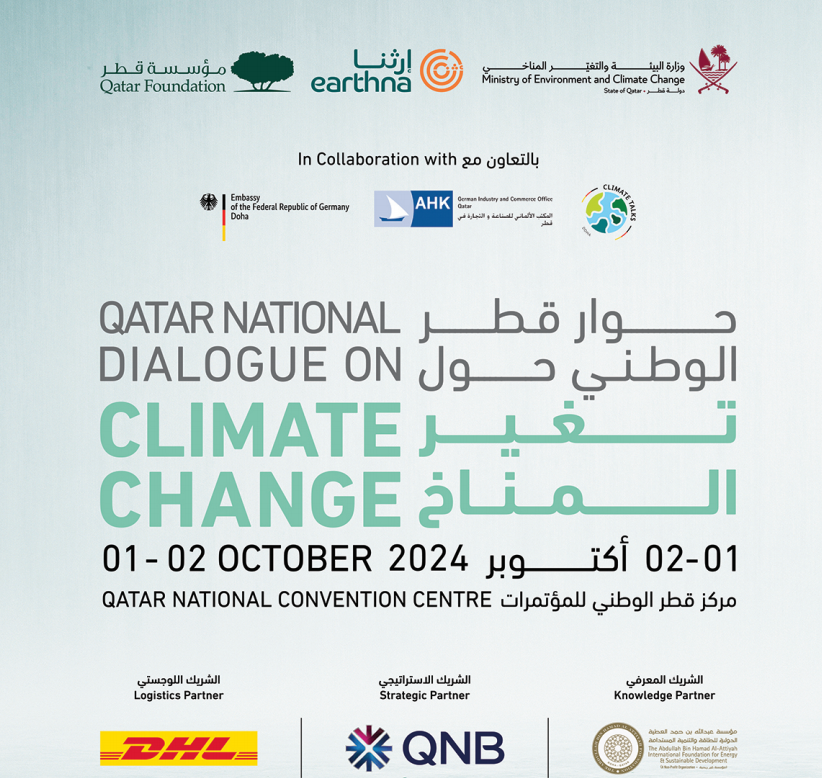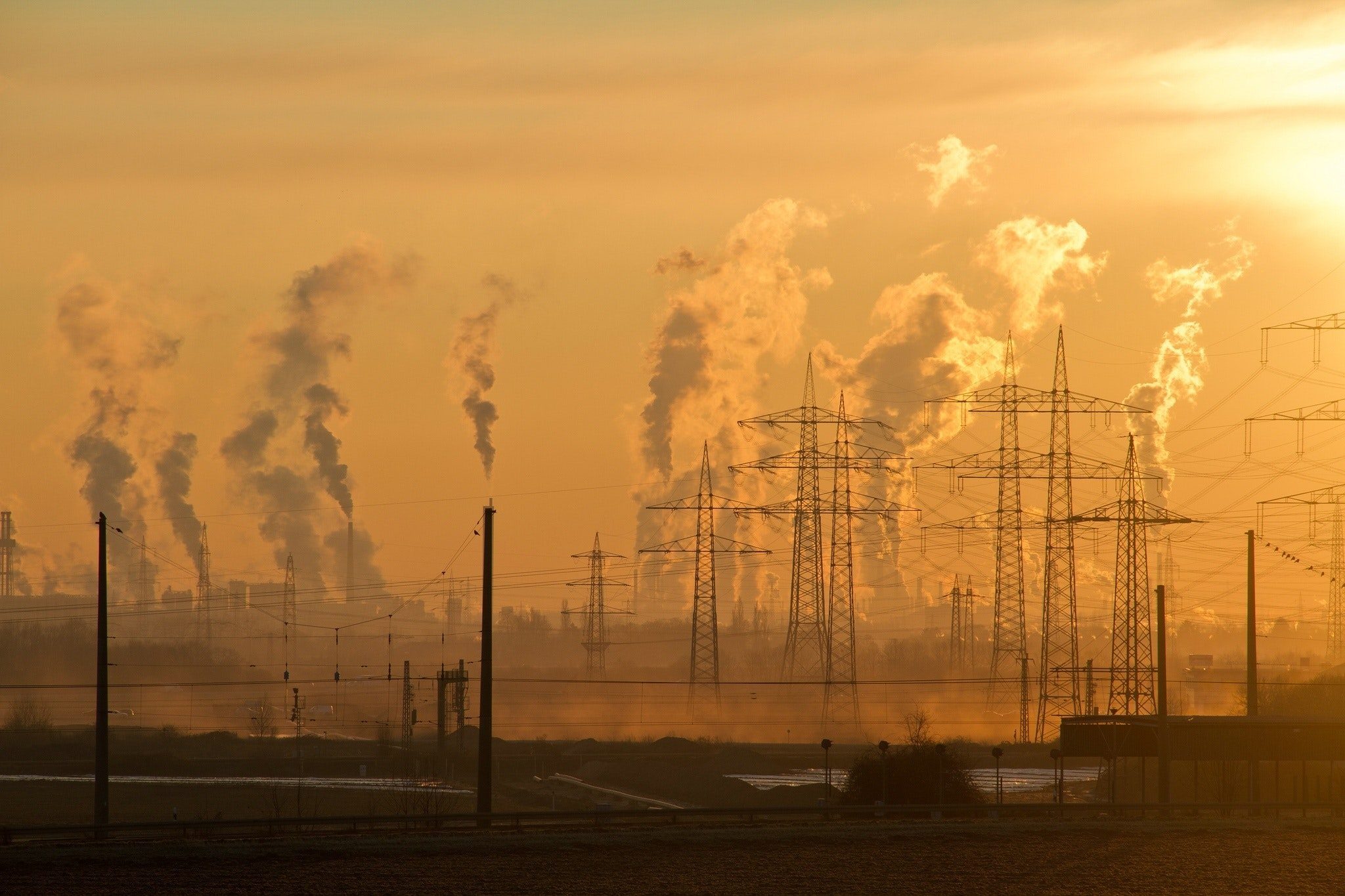The Qatar National Dialogue on Climate Change 2024 is a crucial platform for fostering collaboration and innovation to tackle global climate challenges
With 2024 recorded as the hottest year in history, addressing climate change has become an urgent priority for many countries.
In response, Earthna Center for a Sustainable Future has organised the fourth edition of the two-day Qatar National Dialogue on Climate Change (QNDCC) 2024, which began on Tuesday.
The event brings together leaders from government, industry, and academia to foster a collective response to these pressing issues.
The first day of QNDCC focused on Qatar’s climate adaptation strategies, carbon management, and eco-tourism, as well as the outcomes of COP28 and the roadmap towards COP29.
Speaking at the event, Ibrahim Ibrahim, the Vice-Chairman of the Abdullah Bin Hamad Al-Attiyah International Foundation, highlighted Qatar’s distinctive role in the global fight against climate change.
“Qatar has a deep religious and cultural attachment to its land. It is our responsibility to protect nature, as it is a gift from God,” he said. “This responsibility shapes our approach to sustainability, where the balance between development and environmental protection is vital.”

Cutting emissions
At QNDCC 2024, Qatar’s commitment to the Paris Agreement was underscored through discussions on climate adaptation strategies, eco-tourism, nature-based solutions, and carbon management. These themes reflect the country’s focus on cutting emissions and investing in renewable energy.
The conference also looked ahead to the outcomes of COP28, which will shape Qatar’s path towards COP29 in Baku, Azerbaijan this November. These international conferences are essential for maintaining the momentum of Qatar’s efforts to promote sustainable initiatives worldwide.
A key session at the conference was “Optimizing Opportunities for Sustainable Transition,” where experts from Qatar and beyond explored innovative financial tools and public-private collaborations aimed at funding renewable energy projects. The discussions emphasised solar, wind, and hydroelectric energy as vital to Qatar’s long-term sustainability strategy.
Justin Mundy, Chairman of Earthna, stressed the urgency for immediate action.
“We do not have time to ease into a solution. Climate change demands rapid, decisive action, and we must look at transition fuels as a part of the solution.”
One of the most striking points raised was the staggering rise in global temperatures. Qatar, like many countries in the Middle East, has faced a relentless heatwave this year, breaking previous records.
To this end, the Gulf state has invested heavily in cutting-edge technologies to mitigate its environmental impact. From the reduction of hydrocarbon use to the advancement of green building standards and sustainable aviation fuels, the country is leading the charge toward a greener future.
Technological advancements
Aftab Ahmed, IFC’s Regional Director for the Middle East, said that climate has no boundaries.
“Countries with resources must support those who need it because this issue transcends borders,” he said.
His remarks reflected the international nature of the QNDCC, where cooperation between nations was at the heart of many conversations, particularly between Qatar and Germany.
One of the key challenges Qatar faces in its sustainability journey is balancing its economic growth with environmental preservation.
The country’s hydrocarbon resources remain a cornerstone of its economy, but as the environment itself degrades, it is imperative to adopt development technologies that can ensure both growth and conservation.
The nation is leveraging its technological advancements, with innovative solutions such as Al Kharsaah Solar photovoltaic (PV) Independent Power Producer, the first large-scale solar power plant in the country.
The conference also placed a spotlight on gender equity in the climate change arena. The panel session on “Women’s Leadership in Climate Change” highlighted the essential contributions of women in driving sustainability initiatives, from policy implementation to grassroots climate action.
Dr. Fatima Al-Suwaidi of QNB Group and Ambassador Dr. Hend Al-Muftah both spoke of the growing need for women’s participation in climate governance, stressing that gender diversity in leadership is crucial to advancing holistic solutions to the climate crisis.







